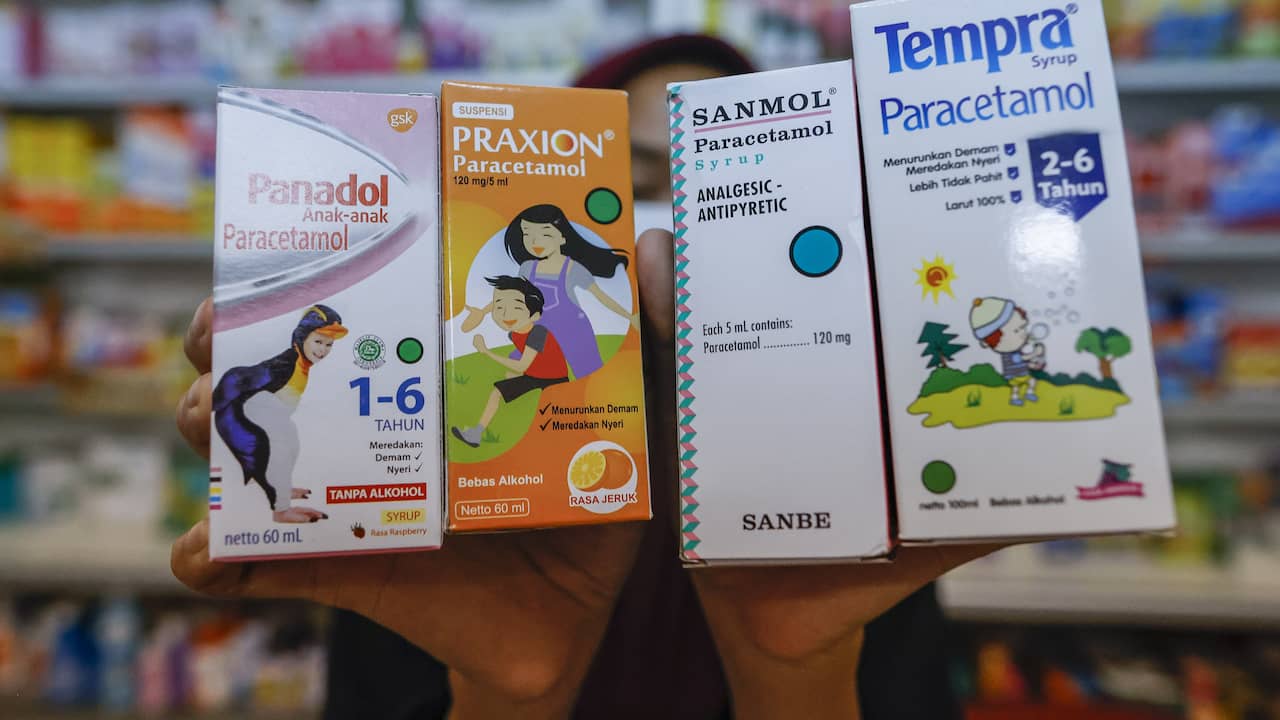From the cold and inhospitable bitumen to the hard and impersonal benches, Aurélie has long lived in the shady areas of the city. There where her architectural beauties are also trompe-l’oeil that take your eyes off the misery that wanders on the sidewalks, at the foot of these buildings.
Like a man of the sea, Aurélie was a woman of the street. She did the hardest part of her: “I got over it,” she said, with a sudden seriousness in her voice, aware that she was coming back from hell.
Precariousness, a big heart
This precarious existence has left him with a deformed, sick, fatigued body and a faded blue-gray in his eyes that are sometimes absent when the film of his dark years imposes itself in his mind.
They also shine, with this joy fueled by the sincere camaraderie of their unfortunate friends and the generous attention they reserve for all. “They tell me that my big heart will lose me”, he declares, with a big laugh, the one who is now voluntary with all those who have broken their prohibition and who pay dearly, victims or accountants of their evil destiny. Because, between the misfortune of fate and the consequences of his actions, the wrongs are often shared.
These homeless people recount their winter survival in Dreux
L’Eurélienne found herself homeless, following a disagreement, which escalated, with its owner. The story of a collapsing ceiling in two rooms of an unhealthy house. The landlady interrupts the payment of the rents with him and pays them, he assures, to a notary. Until, once too many, she takes her son and leaves this apartment “for nothing”. The first day troubleshooting solutions, among acquaintances, run out quickly.
Road tested
The mother must decide to place the boy who will have the feeling of being abandoned. “It was the least bad solution not to subject him to that”, she justifies herself, letting the sense of inner guilt shine through. This sealed the rest of their relationship which had become haunted. Today, both, with hearts full of resentment, ignore each other. But she sadly proclaims:
“He is my son, I love him”
empty (empty)
He then experiences 115 and the housing emergency, and the restless nights outside, near the media library, before discreetly mingling with the users of the station, once it is open. He begs to make ends meet. She also shaves the walls, with shame, stung by the stern, contemptuous looks, by the judgmental comments thrown at her by the “good as it should”.
Strict intimacy
Intimacy on the street is severely tested. “A man has no problem going to the bathroom, he can do it anywhere. But a woman … Fortunately, there are public toilets. They are often very dirty, but we have no choice! “
The worst would have been personal hygiene. It’s a question of dignity for her. “I am very burly and I tend to sweat, for me it is unbearable, impossible to stay like that. Fortunately, there are showers at the Fac … ”
Even on the street the bottle does not matter, as long as there is drunkenness. Alcohol becomes the way to drown evil, despair, just for a brief moment.
“One day my son said to me: ‘Either you stop or you won’t see me again!’ “
A slap. “I said to myself: ‘You should lead by example, and in the end …’. “
The words of this teenager who sees his mother sink have an effect, especially since Aurélie reveals herself as a former drug addict.
To prevent her behavior from imposing an addiction again, she recovers by holding on to this child. “It’s hard to be a woman on the street in the eyes of the people, but an alcoholic woman, I won’t tell you …”
Son placed
The 40-year-old does not shirk her personal responsibility in her career. However, listening to her story, it seems that very soon the milestones were badly set, no doubt directing her future in the wrong direction.
In the profile of homeless people, drawn up by INSEE, 25% were adoptive children, like Aurélie. Her childhood was marked by a loving grandmother whose death drove her 10-year-old granddaughter mad with grief.
For the rest, the family unit was not in favor of growing up peacefully, between a stepfather who beat her and a grandfather who abused his wife.
Domestic violence
Shots that still devour her inside. “I can not forget! she sighs, full of anger. Blows that gave her an explosive rage. She lends herself to a double face: “The victim Aurélie and the demon Aurélie. “
“People will think I’m crazy, but sometimes I feel like I need to be beaten…” She’s moved by the shrink she’s consulting, but she’s also opened up in a facet.
“We talk a lot about abused women, I was. There are also men beaten. I happen to raise my hand to my man … “
Eurelienne, mortified, finds no excuses. The two met during their life on the street. The couple shared their kitchens very quickly, for the worse but also for the better. By dint of begging, propaganda, at the end of 2020 he was granted accommodation. Since then, Aurélie has lived on help and little.
Long-term scarring
In the dark years, other meetings were decisive. Support from the former daycare head of Secours Catholique lifted her off the street. “I owe him a lot,” she smiles. Many doors have slammed in her face, but it is her outstretched hands that she does not forget.
“I just want to give back what was done for me. “
empty (empty)
The experience left scars. “Sometimes I feel oppressed in my house, within four walls”, is astonished the one who has kept other reflections of her homeless life. Staying away from it is an almost constant battle.
Chemcha Rabhi


